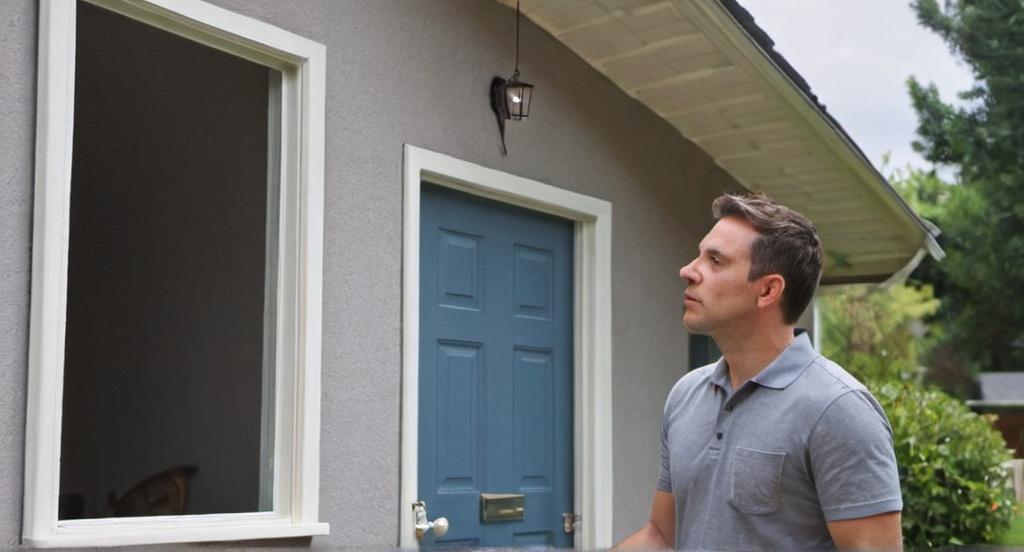Key Take Aways about Investment Properties
- Property Types: Identify if residential, commercial, or mixed-use suits your goals.
- Location: Choose strategic locations with growth and rental demand potential.
- Valuation: Perform market analysis to ensure profitability and avoid overpriced options.
- Rental Management: Screen tenants carefully and decide on hands-on management or hiring a company.
- Legal & Tax: Understand lease laws and tax deductions for rental properties.
- Financing: Research mortgage options thoroughly to avoid high interest rates.
- Risk Management: Diversify investments, maintain buffer funds, and have insurance.

Investing in Property: What You Need to Know
Buying property as an investment is like hitting the adulting milestone; it whispers a certain level of maturity and financial savvy. It’s not just about flipping houses like pancakes or renting out a space to cover the mortgage, it involves a whole plethora of things you might not have thought about.
The Basics of Property Investment
Before jumping into the glittering world of real estate investment, let’s lay the groundwork. When you purchase property, you first need to determine its primary use. Is it going to be residential, commercial, or maybe something a bit in between like a mixed-use building? Each type comes with its own demands and potential gains.
Location, Location, Location
You’ve heard it a million times, but the old real estate adage emphasizes the importance of picking the right spot. Buying beachfront property is usually pricier than a suburban house, but the return could be worth it. Consider the area’s growth potential. Is there ongoing development that could boost property value down the line? What about rental demand? A desolate house in the desert isn’t likely to attract tenants even if you’ve got a pool.
Evaluating Property Value
A critical step is knowing how to properly assess the property’s value. You aren’t just buying bricks and mortar; you’re buying the potential for profit. Engage in comparative market analysis. Look at recently sold properties in the area to gauge pricing trends. Call up local realtors or scour online forums. Be wary of properties priced too high with minimal potential for rental yield.
Rental Property Considerations
Ah, the sweet sound of rental income. Many investors opt to rent out their properties, and why not? It’s a steady cash flow if you organize it right. But before you post that “For Rent” sign, there are some details to tighten up.
Tenant Screening and Management
Finding the right tenant is a bit like online dating: don’t rush, or you might end up with someone who’s a financial train wreck. Conduct thorough background checks to verify income, rental history and character references. It’s not foolproof, but it does help in weeding out potential problems.
Once you get a decent tenant, you’ll have to manage the property. You might fancy being a hands-on landlord, or perhaps you’re leaning towards hiring a property management company. Either way, maintenance, repairs and keeping tenants happy are part of the package.
Legal and Tax Implications
Owning rental property isn’t a free-for-all. There’s a legal framework involving leases, security deposits, and tenant rights. There’s also taxes to consider. Your rental income’s subject to tax, but there are deductions available, like mortgage interest, repairs, and even property management fees.
Financing Your Investment
Property investment can multiply your bank balance, but first, you need to tackle financing. Mortgage, anyone? Yeah, usually it’s the way to go, unless you’ve got a stash of cash waiting to be spent.
Choosing the Right Mortgage
Start by browsing loan products to find one that fits your strategy and budget. Fixed or variable rate? 30-year or 15-year term? It pays to shop around, since interest rates vary from lender to lender. Don’t skimp on this research unless you’re cool with paying extra in interest.
Risks in Property Investment
Like any investment, property comes with its share of risks. The market fluctuates, natural disasters can strike, and tenants might skip town. Market volatility is part of the game, and there’s no crystal ball to predict the future. Diversification can help by not putting all your eggs in one basket.
Strategies for Risk Management
Mitigate risks by maintaining a buffer fund for unexpected repairs or vacancies. Insurance is your friend, whether for property damage, liability, or even loss of rental income. Being over-prepared never hurt anyone; well, except maybe a hoarder.
Conclusion
Investing in property might sound like a dance at first glance, but it’s more of a marathon. If you keep a steady pace with thorough research, good tenant management and risk mitigation strategies, you might find it a welcoming addition to your investment portfolio. Remember, even the most seasoned investors started at the beginning just like you, learning as they went.
Child Pages
- Agricultural land (farms, orchards) as Investment Properties
- Apartment buildings as Investment Properties
- Commercial Investment Properties
- Condominiums as Investment Properties
- Crowdfunded real estate platforms
- Gas stations as Investment Properties
- Hotels and motels as Investment Properties
- Industrial properties as Investment Properties
- Infill lots (in urban areas) as Investment Properties
- Land for future development as Investment Properties
- Land Investments as Investment Properties
- Medical office buildings as Investment Properties
- Mixed-use buildings as Investment Properties
- Mobile home parks as Investment Properties
- Multi-family homes (duplexes, triplexes, fourplexes) as Investment Properties
- Office buildings as Investment Properties
- Parking lots/garages as Investment Properties
- Raw land (undeveloped) as Investment Properties
- Real estate ETFs
- Real estate mutual funds
- Real Estate Securities / Indirect Investments
- REITs (Real Estate Investment Trusts)
- Residential Investment Properties
- Retail spaces (strip malls, standalone stores) as Investment Properties
- Self-storage facilities as Investment Properties
- Senior housing as Investment Properties
- Shopping centers as Investment Properties
- Single-family homes as Investment Properties
- Special-Purpose Investment Properties
- Student housing as Investment Properties
- Timberland as Investment Properties
- Vacation rentals / Airbnb properties as Investment Properties
- Warehouses as Investment Properties